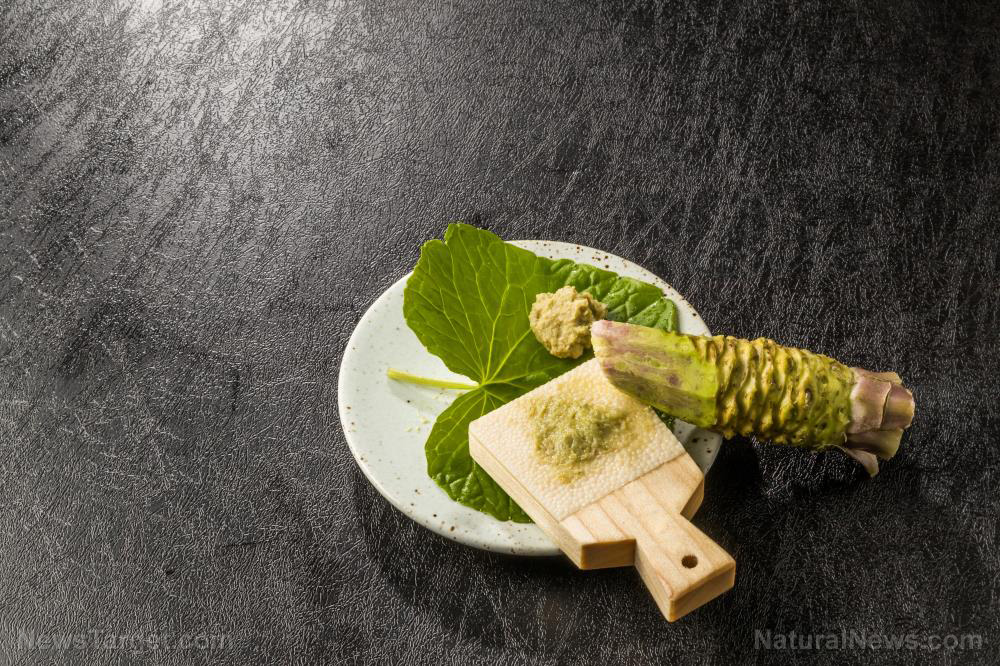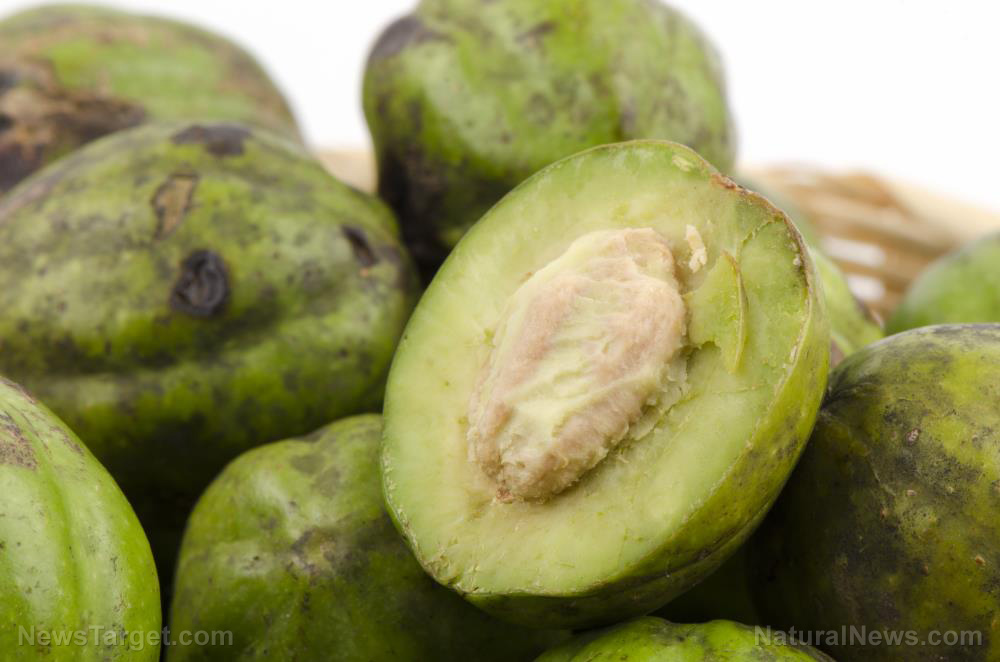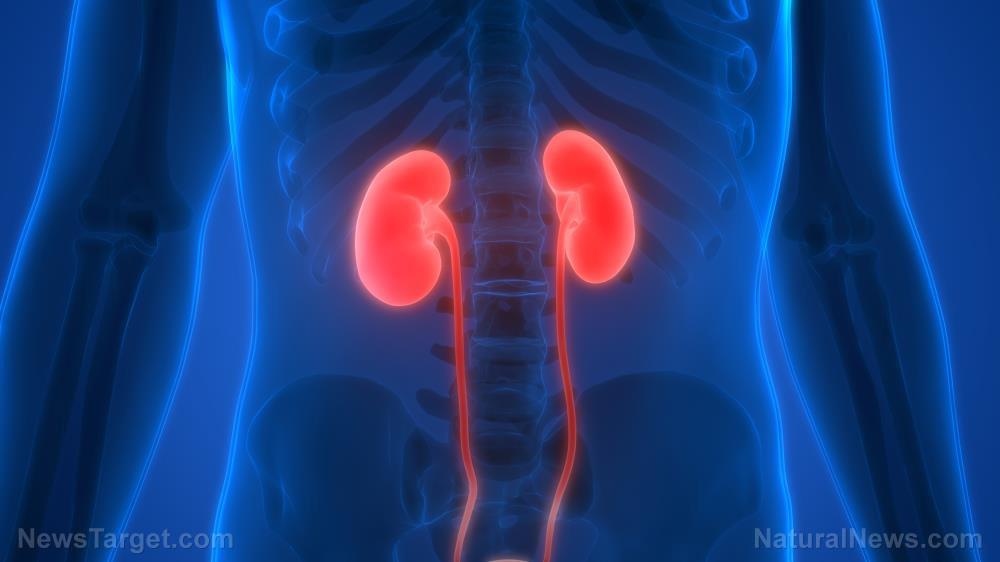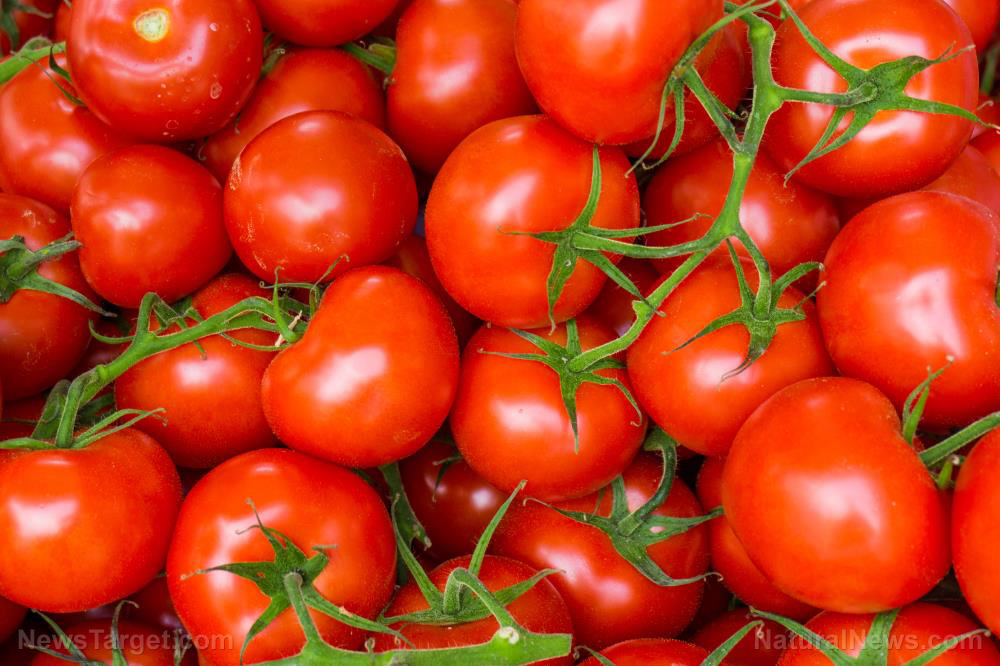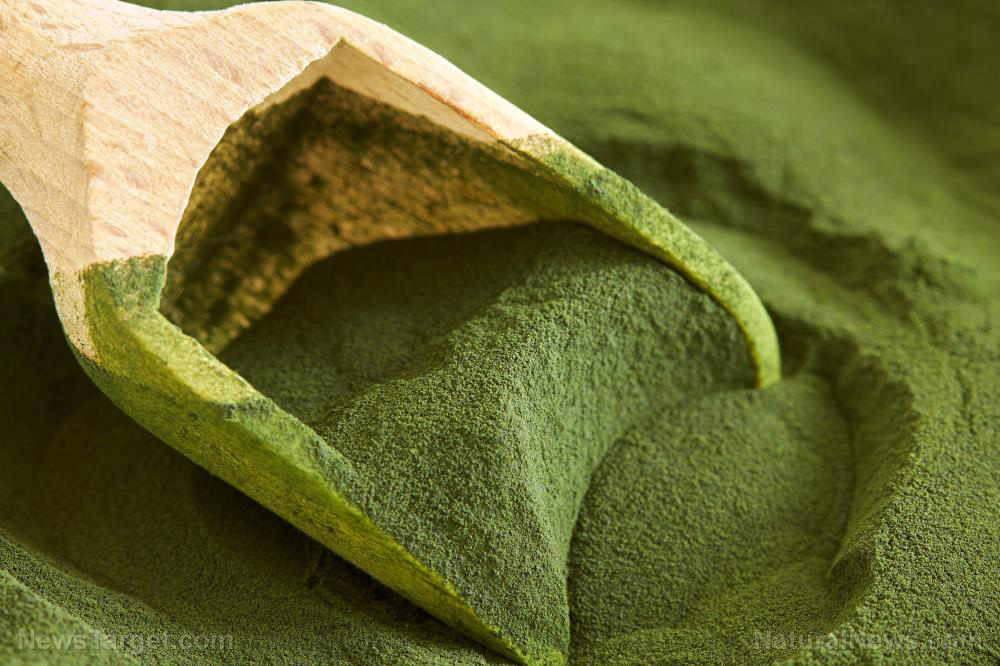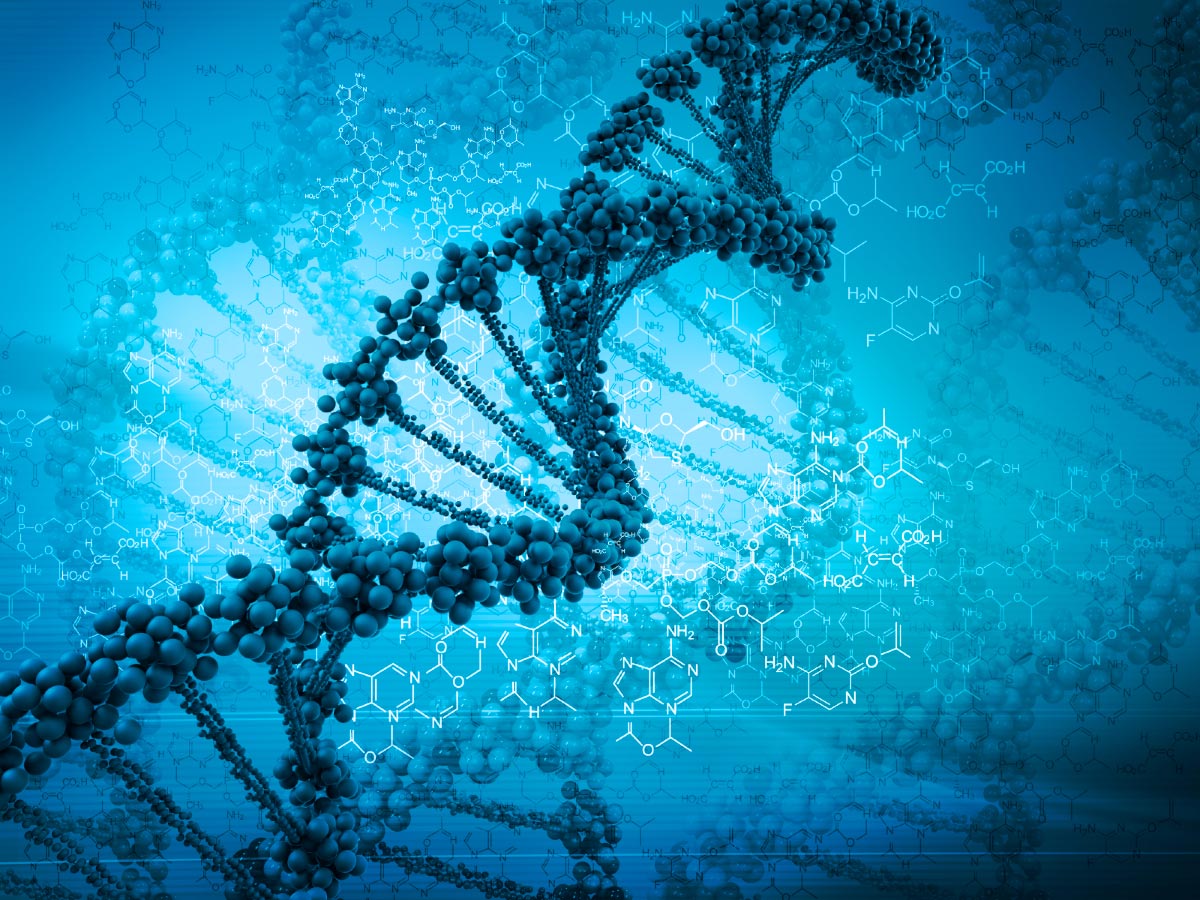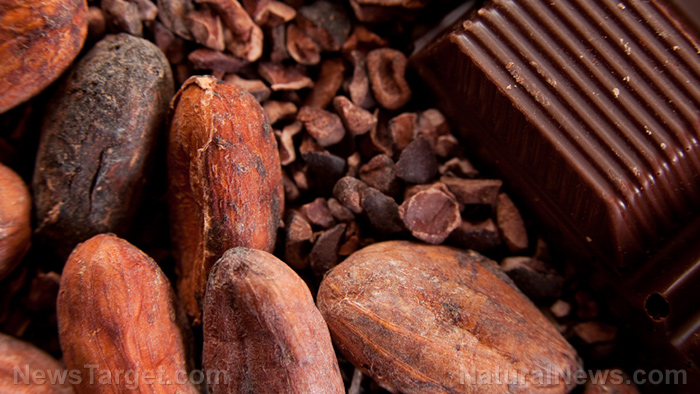Carotenoids may also bolster brain function in older adults: Study
12/19/2018 / By Ralph Flores

Researchers from the University of Georgia have found that certain carotenoids can significantly improve brain function in older adults. In their study, which appeared in the Journal of International Neurophysical Society, the team investigated whether the carotenoids lutein and zeaxanthin affect cognitive function and neural efficiency using verbal learning tests.
Aging is a complicated process — and one that affects each individual differently. For the most part, however, a common trend seen in most older adults is a steady decline in cognitive ability, otherwise known as cognitive impairment. This is a cause of concern for most people, as memory impairment could indicate an underlying health issue — chief of which is dementia, a severe form of cognitive decline. Indeed, having some form of decline in brain function does not immediately mean a condition such as dementia, but it could still significantly reduce the overall quality of life in older adults.
Earlier studies have linked carotenoids to brain function, with some concluding that these have antioxidant and anti-inflammatory properties, which can greatly benefit a person’s brain health. In particular, consuming fruits and vegetables, which are the primary sources of carotenoids, can prevent cell damage from oxidation, thanks to the ability of carotenoids to trap free radicals. To note, carotenoids are plant pigments that give fruits and vegetables their bright red, yellow, and orange hues. Of these carotenoids, lutein and zeaxanthin are the more popular ones, given that the two are the only carotenoids found in the retina. The two are famous for their ability to protect the eyes from age-related macular degeneration, a leading cause of blindness, and reduce the incidence of cataracts.
However, while most studies have looked at the benefits of lutein and zeaxanthin in eye health, it should be worth noting that the two are also found in certain brain regions. Multiple cohort studies have proven that eating vegetables that are high in lutein and zeaxanthin slows rates of cognitive decline. Conversely, those with mild cognitive impairment, as well as those with Alzheimer’s disease, were found to have deficient levels of the two carotenoids.
The current study examined the brain activity of more than 40 adults, all of whom were aged between 65 to 86 years, after lutein and zeaxanthin supplementation. The participants were required to perform a verbal learning task, where they were asked to recall word pairings that had been taught to them earlier. Among the participants, those that were given a supplement with both lutein and zeaxanthin completed the task while exerting minimal brain power. Those that were given a placebo, however, required more brain power to complete the task. The researchers noted that the people who were able to complete the task with minimal brain power were “neurally efficient.”
“[Lutein] and [zeaxanthin] supplementation appears to benefit neurocognitive function by enhancing cerebral perfusion, even if consumed for a discrete period of time in late life,” the team concluded in their study.
While their findings build on evidence from earlier studies, the current research was the first to do so using functional magnetic resonance imaging (fMRI), where brain activity is measured through changes in blood flow. However, the authors acknowledged that further studies are needed to fully understand how these carotenoids affect brain function. (Related: 1 avocado a day for 6 months can improve brain function in senior citizens: Study.)
Carotenoids in your diet
While it is true that carotenoids can be found in fruits and vegetables, egg yolks contain the highest amount of lutein and zeaxanthin, according to an article in the British Journal of Ophtalmology. Egg yolk carotenoid levels, a whopping 89-mole percent, make it a runaway winner over vegetables, which have a mole percentage of around 50. However, vegetarians and vegans need not fret, as corn was a close second, with a mole percentage of 86.
Other great sources of lutein and zeaxanthin are kiwis, red grapes, zucchini, squash, pumpkin, spinach and orange peppers, which all have a mole percentage between 45 to 55.
Learn about more foods that can help prevent memory impairment at Food.news.
Sources include:
Tagged Under: brain function, brain health, carotenoids, cognitive decline, cognitive impairment, food as medicine, lutein, memory impairment, mind body science, natural remedies, prevent dementia, prevention, research, scientific, zeaxanthin

